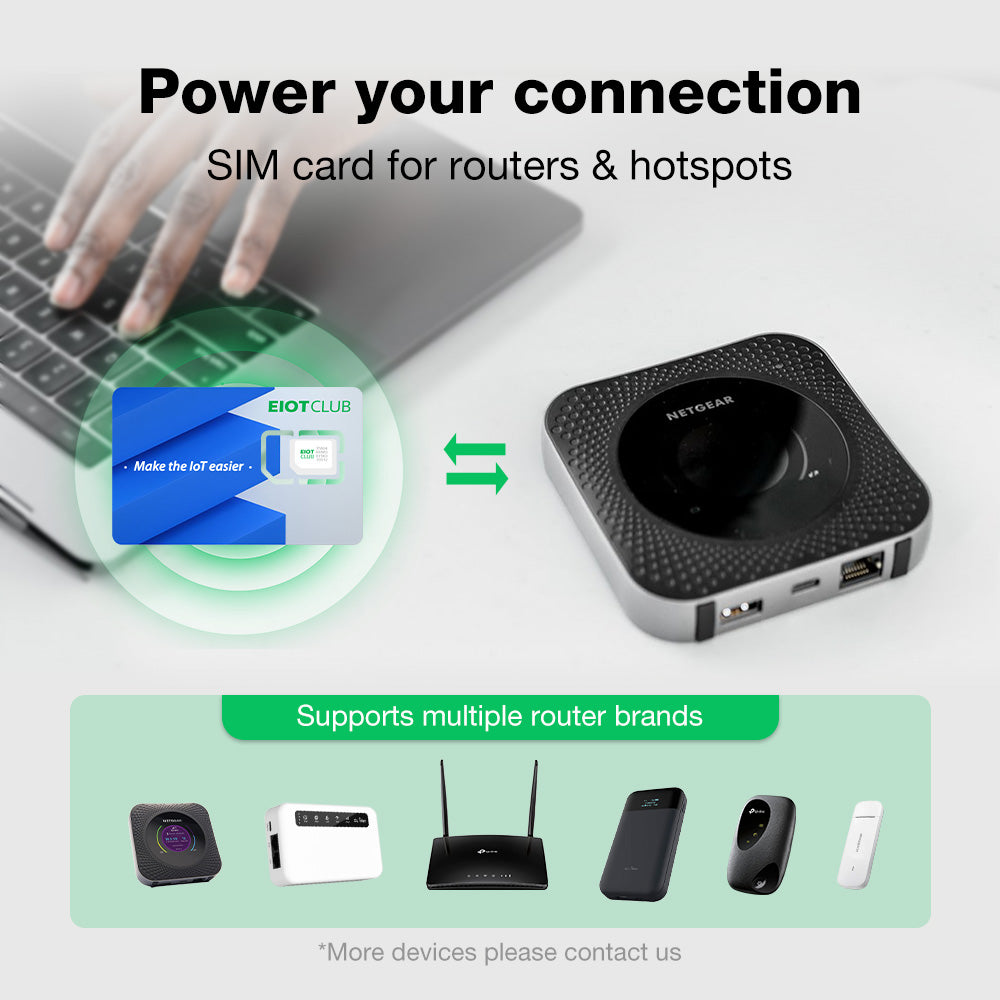Unlock the Secrets to Finding the Ultimate SIM Cards for Your Wi-Fi Router!
In today’s digital age, having a reliable internet connection is essential, and a Wi-Fi router equipped with the right SIM card can significantly enhance your connectivity experience. The choice of SIM card goes beyond just inserting it into your router; it affects your internet speed, reliability, and overall online experience. Finding the best SIM card for your Wi-Fi router can feel overwhelming with various options available. However, understanding how SIM cards work and what to look for can simplify your decision-making process. In this article, we will explore the different types of SIM cards, factors to consider when choosing one, where to purchase them, and how to evaluate the best deals to ensure you get the most value for your investment.

Understanding SIM Cards for Wi-Fi Routers
SIM cards, or Subscriber Identity Module cards, are small chips that allow mobile devices, including Wi-Fi routers, to connect to cellular networks. These cards store essential information about the user’s account and facilitate communication between the device and the network. There are different types of SIM cards, such as standard, micro, and nano SIMs, which vary in size and compatibility with various devices. When it comes to Wi-Fi routers, the type of SIM card you need will depend on the router's specifications. Additionally, SIM cards can be classified into prepaid and postpaid plans, with each offering distinct advantages. Prepaid SIM cards provide more flexibility and control over usage, while postpaid plans may offer better data packages and additional benefits. Understanding these aspects can help you choose the right SIM card that suits your needs and enhances your Wi-Fi connectivity.
Factors to Consider When Choosing a SIM Card
When selecting a SIM card for your Wi-Fi router, several key factors come into play. Firstly, consider the data plan that aligns with your usage habits. Are you a light user who primarily browses the web, or do you require a robust plan for streaming and gaming? Network coverage is another critical factor. Research the service providers in your area to ensure they offer strong signal strength and reliability. Speed is equally important; a SIM card may advertise high-speed data, but actual performance can differ based on network congestion and location. Compatibility with your Wi-Fi router is essential as well—some routers may not support certain SIM card types or frequencies. Lastly, evaluate the customer support offered by the provider; having responsive support can be invaluable if you encounter issues. By considering these factors, you can make a more informed decision and select a SIM card that will provide a seamless internet experience.
Where to Purchase the Best SIM Cards
Purchasing a SIM card for your Wi-Fi router can be done through various channels, each with its pros and cons. Online marketplaces are popular for convenience, allowing you to compare prices and read customer reviews. However, it’s crucial to ensure you’re buying from reputable sellers to avoid counterfeit products. Retail stores, such as electronics or mobile phone outlets, offer the advantage of face-to-face assistance, allowing you to ask questions and receive guidance from knowledgeable staff. Additionally, many service providers have physical locations where you can obtain a SIM card directly. This option might also come with special promotions or bundled services. Each avenue has its benefits, so consider what matters most to you—whether it’s convenience, personal interaction, or potential savings—when deciding where to make your purchase.
Evaluating Deals and Offers
When it comes to SIM cards, evaluating deals and offers is crucial to ensure you make a wise investment. Start by looking closely at the contract terms associated with the SIM card. Some promotions may seem enticing at first but could include hidden fees or long-term commitments that lock you into an unfavorable situation. Pay attention to promotional offers that may provide discounts for the first few months but revert to higher rates afterward. It’s also essential to consider the long-term cost implications of your choice. A seemingly cheap plan with limited data may lead to overage charges that outweigh initial savings. To evaluate deals effectively, compare similar plans from different providers and consider what’s included, such as data rollover or international usage. By taking the time to assess these details, you can better navigate the landscape of SIM card offers and choose one that not only meets your immediate needs but also provides value in the long run.
Making an Informed Choice
Choosing the right SIM card for your Wi-Fi router is a decision that can significantly impact your internet experience. By understanding the functionality of SIM cards, considering key factors like data plans and network coverage, exploring various purchasing options, and evaluating deals carefully, you empower yourself to make an informed choice. Remember, the ultimate goal is to find a SIM card that aligns with your needs and enhances your online connectivity. Take the time to research and compare before making a purchase, and you’ll be well on your way to enjoying seamless internet access at home or on the go.







